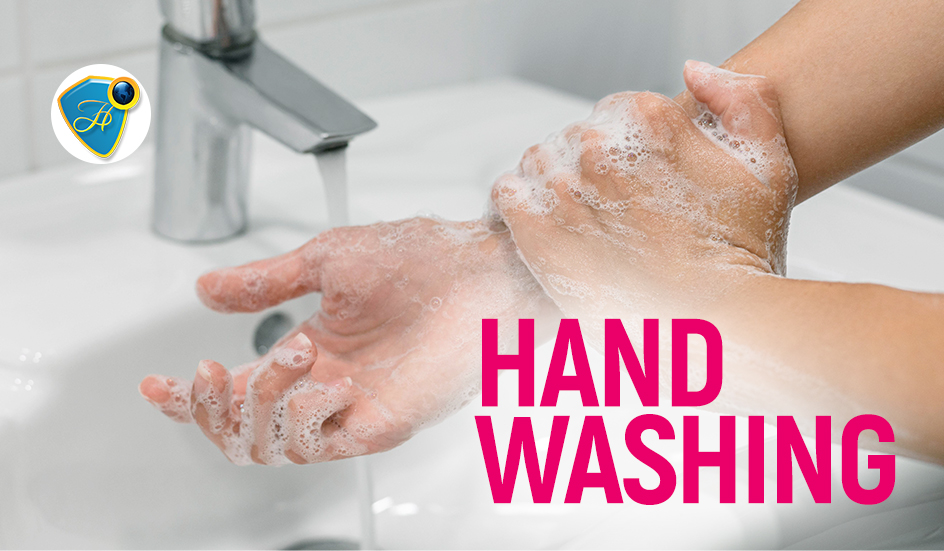
Handwashing is an easy way to prevent infection. It limits the transfer of bacteria, viruses and other microbes. As you touch people, surfaces, and objects throughout the day, you accumulate germs on your hands. In turn, infection can occur when one touches the eyes, nose or mouth after contact with these germs.
Here are some things to share with your friends to universally promote this culture of personal hygiene.
Wash your hands often. Wash your hands after using the restroom. Always wash when you first step into the house, whether after a long day at the office or from shopping. Wash your hands often when caring for someone who is sick, or when tending to babies. Wash your hands before preparing food, and also at regular intervals throughout the day. Use sanitizers (containing at least 60% alcohol) only as an alternative when soap and water aren’t available.
Wash your hands long enough. Most people spend an average of 6 seconds washing their hands, but this is inadequate to effectively kill germs. Apply soap and water to your hands and rub continuously (remember to scrub under your nails and between fingers) for 20 seconds, then rinse of with water. You can hum the ‘Happy Birthday’ song twice to help you reach the recommended time.
Dry your hands properly. Germs breed easily in moist environments, so leaving the sink with wet or damp hands will make it easier to pick up more microbes from surfaces you touch. Paper towels are highly recommended as more effective for drying your hands but, if left with a blow drier, ensure you spend enough time until your hands are totally dry. To help keep your hands clean, use a paper towel or handkerchief to open the door when exiting the bathroom or kitchen.
Use cold water when washing your hands. It’s true that heat kills germs but in water, that’s usually at boiling temperatures. Avoid using hot water too often to stop your skin from drying out. Cold or tepid water will work effectively for keeping your hands clean when used with soap and the right handwashing techniques.
Choose your soap carefully and take care of it. There’s little evidence to support guaranteed results for cleaner hands from using antibacterial soap, rather than the simple bar of soap that’s easier to find. In fact, some studies show that active ingredients in some antibacterial products may affect hormonal functions and the body’s immunity after long-term use, so you might want to stick to regular soap. Bearing in mind that bacteria thrive in moist areas, endeavor to store your soap in a dry place, and rinse the soap in water before lathering. If you use liquid soap and a refillable dispenser, thoroughly rinse out and wash the bottle before each refill. Use sealed liquid soap refills for public restroom dispensers.








